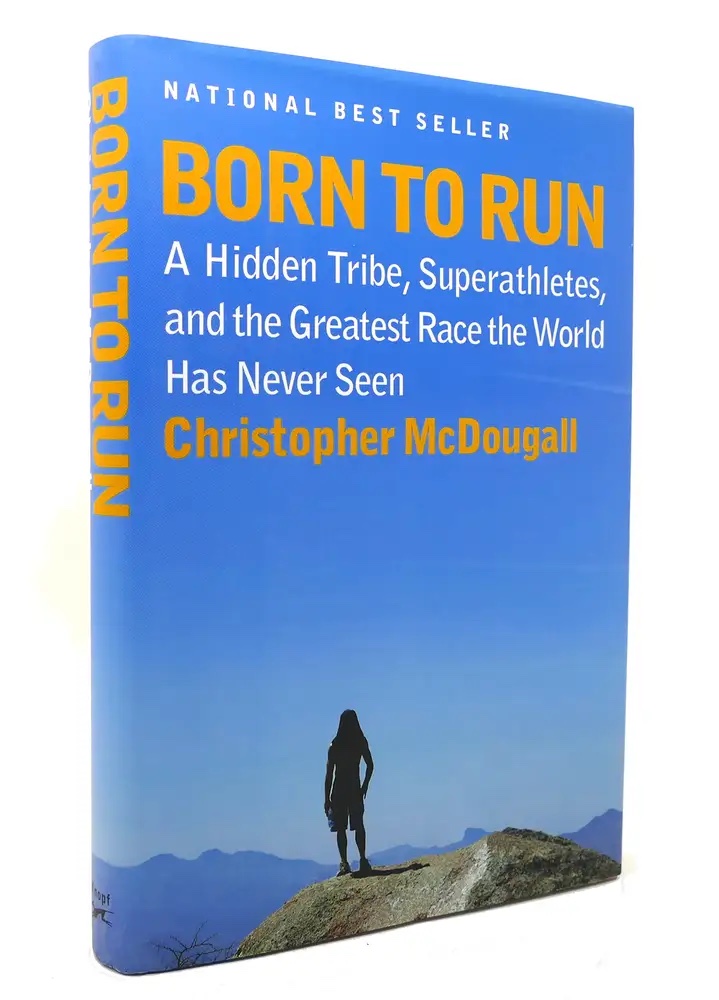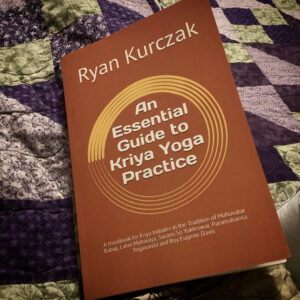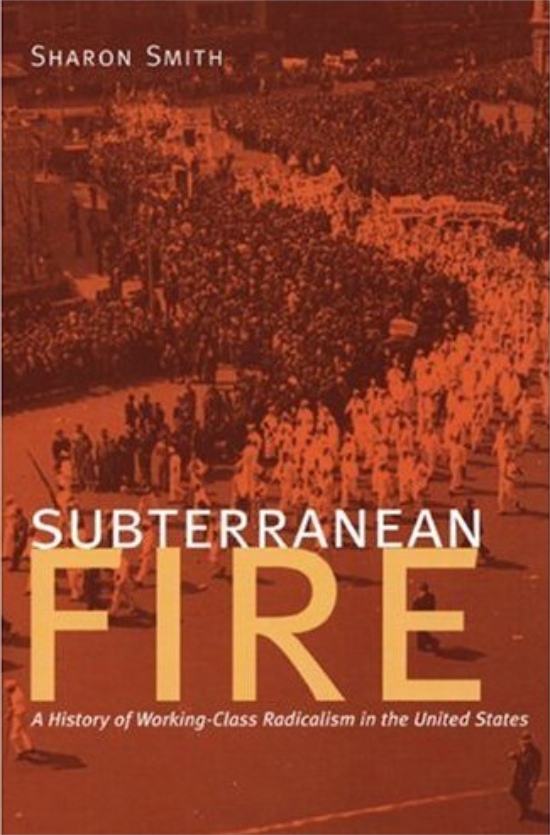Don’t Walk | Walk: And Other Poems About Pretending to Sleep and Waking Up
Many years ago when I began writing for a living, I told my wife that I thought I would publish a book some day. Her response was to ask “Will this be an actual printed book, or one of those bullshit website things?”
Thanks to the revolution in self-publishing tools since then, it turns out to be an actual printed book.
I looked at several options for publication, and although I have reservations about Amazon, their KDP platform fit best with my goals for the project. I wanted wide distribution and low out of pocket costs to publish, but (most importantly) I wanted to be able to control the overall look of the finished product – in particular the fonts, and the layouts of the poems on the page.
The book is now available at this link.
https://www.amazon.com/dp/B0DRZJDMTC
These poems were written over the course of several decades, and capture some of my journey from a failing marriage to building a life with my true love, from deep cynicism to the first hints of spiritual awakening.
Should you decide to read it, I hope that you find something of interest.


 Last evening, I finished reading Olivia Harrison’s Came the Lightening – Twenty Poems for George.
Last evening, I finished reading Olivia Harrison’s Came the Lightening – Twenty Poems for George.

 Ryan Kurczak is one of the foremost teachers of Kriya Yoga in the world today. He is the author of numerous books on the subject, he hosts the
Ryan Kurczak is one of the foremost teachers of Kriya Yoga in the world today. He is the author of numerous books on the subject, he hosts the  I’ve been making a special effort these past few years to fritter away less time in front of the Television, and spend more time reading.
I’ve been making a special effort these past few years to fritter away less time in front of the Television, and spend more time reading.


